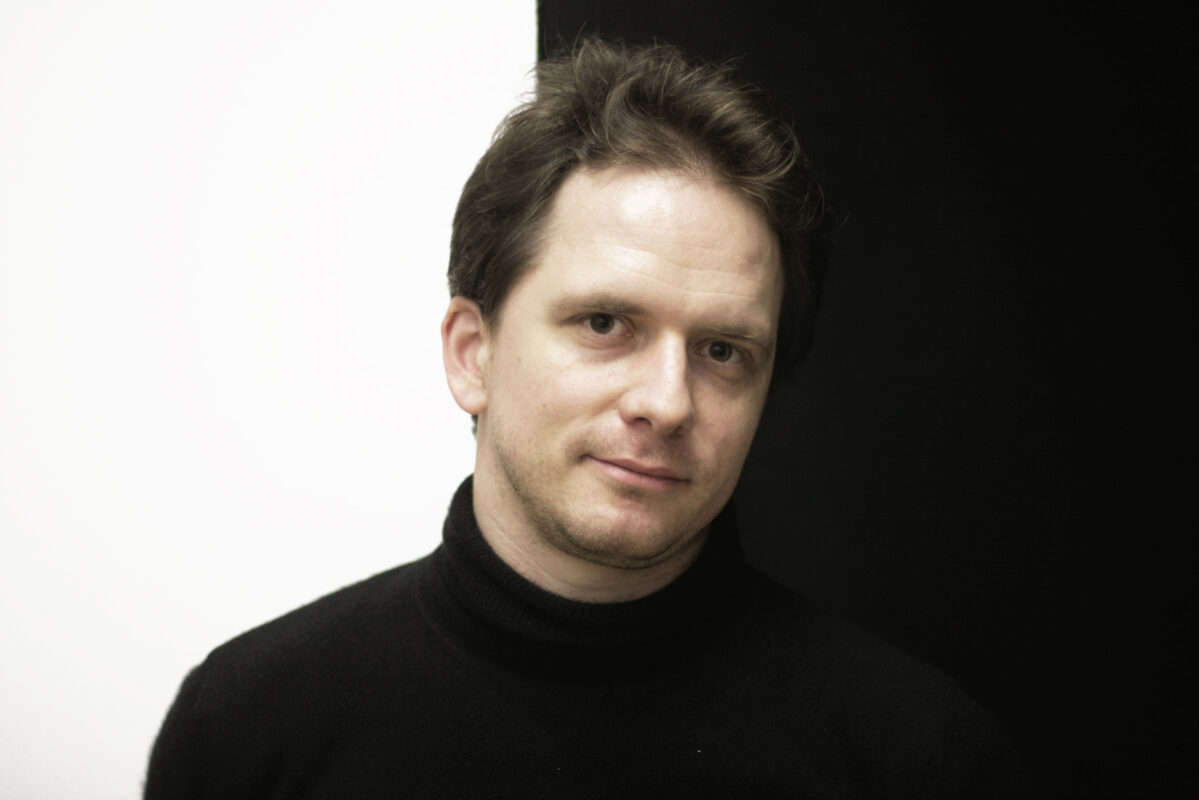Three equals for four trombones
Every Friday, Beethoven is here. To mark the 250th anniversary of Beethoven's birth, each week the Swiss Music Review takes a look at a different work from its catalog. Today for the three equales for four trombones.

What would the history of music be without the ephemeral phase of creation? Or without the opportunity to have musicians available to perform a work? It was rather a coincidence that led to the creation of Equales WoO 30 for four trombones, which even today seem a little strange in terms of instrumentation. We owe these miniatures to Beethoven's stay in Linz in 1812, during which he befriended the cathedral's choirmaster, Franz Xaver Glöggl (1764-1839). Glöggl is said to have asked him "to compose what are known as equales for four trombones for All Saints' Day (November 2), so that his musicians could play them on this feast, according to custom", at least according to Ignaz von Seyfried's recollection. As Beethoven was unfamiliar with the instrumentation of these very local pieces, he asked to hear "an equale, such as was played in Linz for the deceased". And Franz Glöggl, the Kapellmeister's son at the age of just 16, goes on to write in a much later account: "So my father invited three trombonists over one afternoon, since Beethoven was having dinner with us anyway, and had them play one of these equales".
Father Glöggl probably joined the three trombonists himself, and they probably played pieces from the collection 1,200 instrumental piecesused by the choirmaster to sound the brass instruments from the cathedral tower. It is not clear what became of this collection. As for the strange designation "equale", it seems to derive from a local tradition of homophonically-composed movements. It can be found in pieces by a certain Wenzel Lambel (four pieces, dated before 1844) or the young Anton Bruckner (only three pieces, 1847). Thus, the few pieces written on an afternoon in the autumn of 1812 bear witness to a once-vibrant custom, which without Beethoven would have been lost in the whirlwind of history. - In Vienna, on the other hand, these three short movements were apparently played only infrequently: lyrics were added to them, and they were performed by a male choir at Beethoven's own funeral, as well as at the unveiling of his tombstone.
Aufnahme auf idagio
Keeping in touch
A weekly newsletter reveals the latest column on line. You can subscribe by entering your e-mail address below, or by subscribing to our RSS feed.








